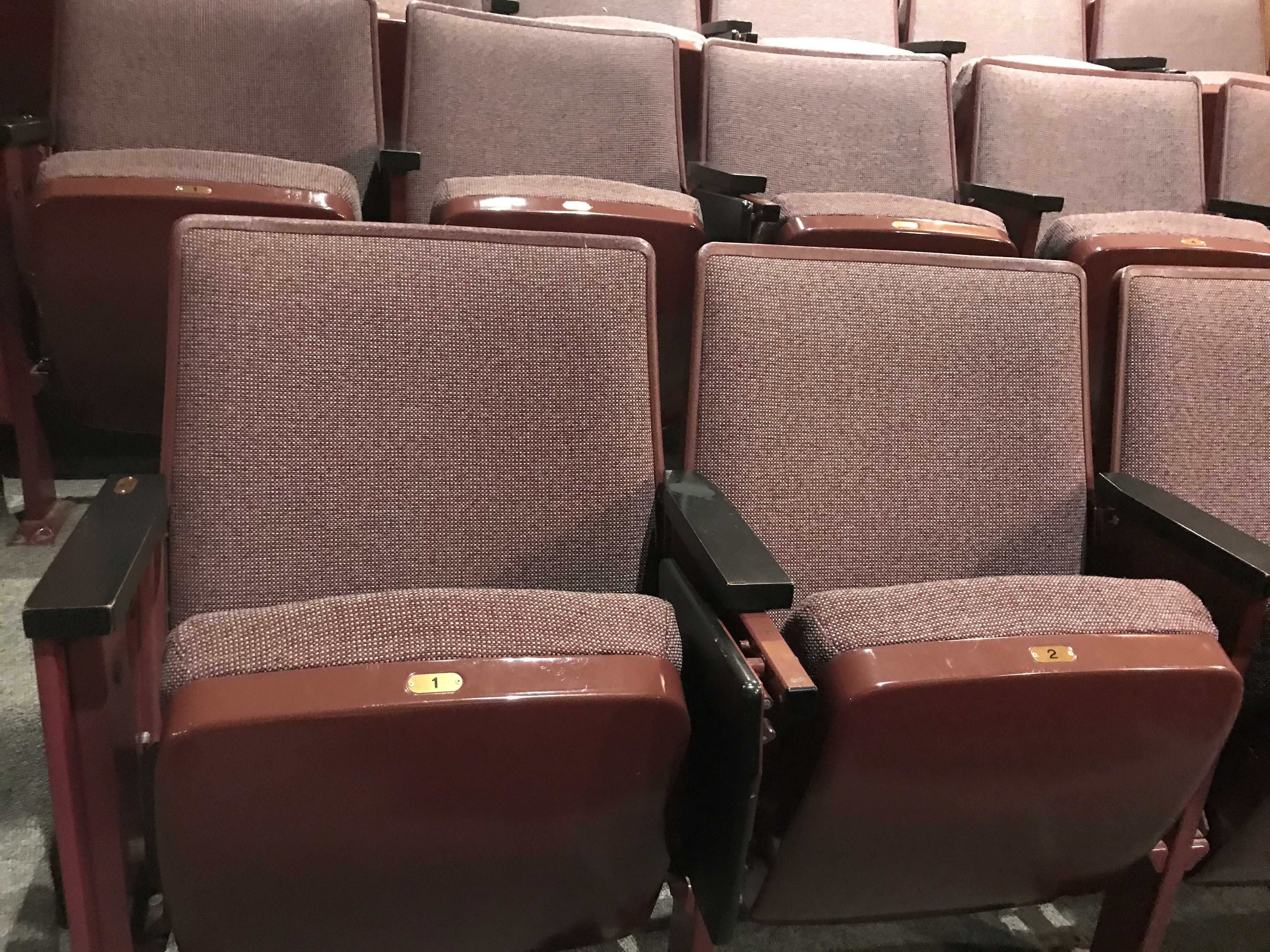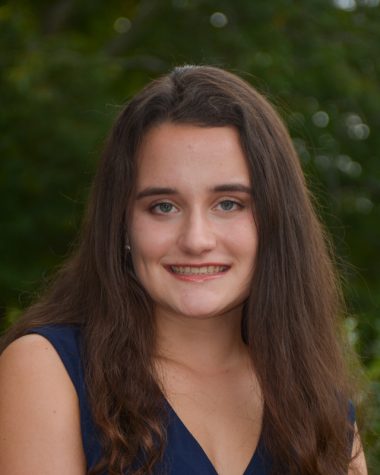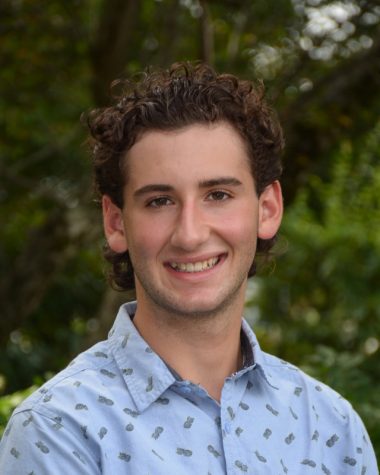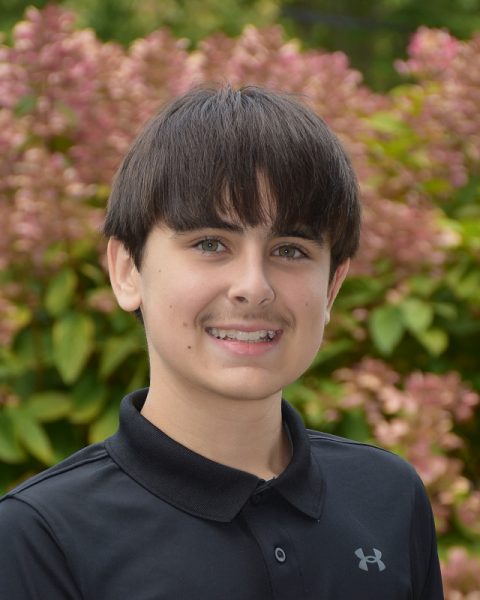Racial Concerns Spark Protest
March 6, 2018

To peacefully protest racially insensitive behavior and use of derogatory language, approximately 16 students of color and several allies walked out during last Monday morning’s assembly.
During the morning meeting, Head of School Judith Guild spoke for approximately 20 minutes about measures to increase school security in response to the recent shooting at Marjory Stoneman Douglas High School in Parkland, Florida, which claimed the lives of 17 people.
Guild also addressed the importance of “leading with kindness,” while also referencing the need to avoid insensitive speech. At the conclusion of the talk, student protesters quietly exited the theater.
According to Amy Nwachukwu ’18, she and members of an affinity group for students who identify as Black or Latino had expected Head of School Judith Guild to delve deeper into issues of race and ethnicity.
“We felt that she didn’t,” Nwachukwu said. “This prompted the walk out.”
Following morning meeting, concerned members of the community congregated in the Dining Commons for the first two periods of the day. Protesters facilitated a discussion with Guild and members of the administration to address their concerns, also regarding religion, sexuality and socioeconomic status.
After morning classes and break, which proceeded normally, faculty directed Upper School students into the theater for an impromptu assembly. Guild addressed the Upper School, but the gathering focused primarily on allowing a small number of the student protesters to address their peers and share their concerns.
During the meeting, Tyler Best ’18 shared how community members should strive to be “pillars of change,” acting as role models for not just the community, but also for society.
“I think the only way to do that is to reflect amongst yourself and see what you could do to better someone’s day or better someone’s time here at Brimmer,” Best said.
Jonathan DeJesus ’18 spoke about what it means to be the son of hard-working hispanic immigrants, and how, in large part due to hurtful political discourse, he has had to stand strong in showing pride for himself, his heritage, and his accomplishments.
“I worked hard, just as hard as my mother did, because the cards, the odds were stacked against her,” DeJesus said.
Steven Ramsden ’19 shared how he feels that in such a diverse community, differences should always be celebrated—and that students should work hard to avoid reflecting Washington’s divisive rhetoric.
“I feel like we do need to celebrate more diversity and being a part of the community that we’re in, because it’s something that we should be enjoying,” Ramsden said.
Nwachukwu spoke about the importance of civil discourse among students, and since Monday, she says, she has already seen positive change.
“I feel like the community is definitely taking steps toward healing,” Nwachukwu said, in a recent interview with The Gator. “The discrimination I’ve felt at Brimmer has never been purposeful, rather, it has happened through micro-aggressions. At Brimmer, teachers do a really good job of helping students feel that this is a safe place, and I know that the School will continue to lead us in the right direction. I love and have complete confidence in the teachers and the administration, especially Mrs. Guild.”
Following the assembly, the administration sent home a series of emails, communicating the events of the day to parents and guardians.
On Wednesday, Guild also welcomed families to a morning coffee to discuss Monday’s events, as well as open dialogue regarding issues of discrimination based on identifying characteristics.
Throughout the week, teachers have also had multiple meetings with each other and administrators to brainstorm ways to support students and to continue to educate themselves on issues of diversity, identity, and inclusion.
Guild and other administrators have acknowledged the importance of continuing conversation, and School leaders plan to organize events with the collaboration of teachers, Senate, and the student body as a whole.
Upper School Senate President Stone McLaren ’18 is working with administrators to help find ways for the community to move forward.
“Senate is pretty diverse,” McLaren said, noting that the Executive Board is comprised of Black, Latino, Chinese, and Caucasian members. “During lunch, if students want to talk about the situation, or anything at all, they should know that they can come to us for a group or one-on-one discussion.”























































